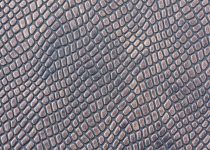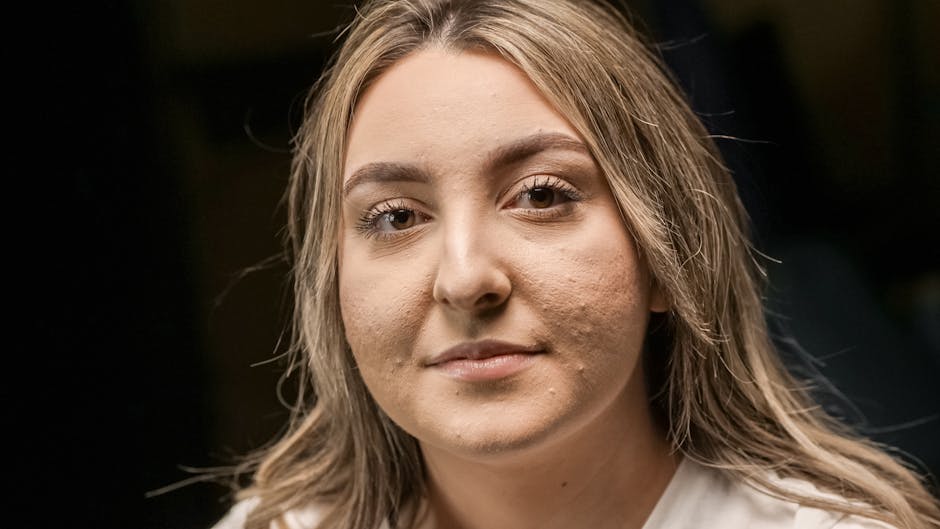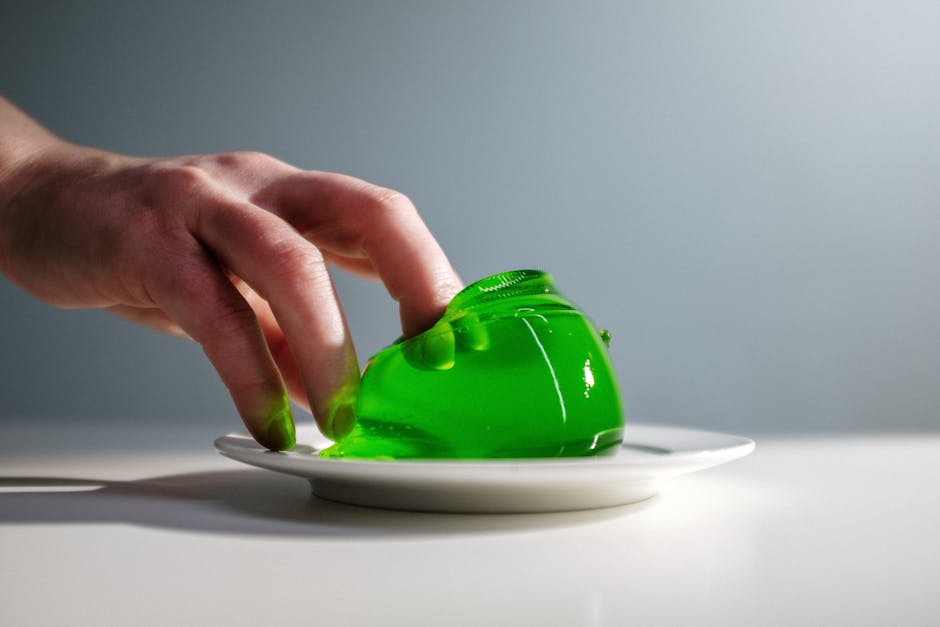The Ultimate Guide To Curing Acne: Effective Treatments And Home Remedies
Acne is a common skin condition that affects people of all ages, causing pimples, blackheads, and whiteheads. While it's often associated with adolescence, acne can persist into adulthood. Fortunately, there are numerous effective treatments available to combat this frustrating condition.
**Understanding Acne**
Acne develops when hair follicles become clogged with sebum, a natural oil produced by the skin, and bacteria. The bacteria cause inflammation, resulting in the formation of pimples. Various factors can trigger acne, including hormonal imbalances, genetics, diet, stress, and certain medications.
**Treatment Options**
Over-the-counter (OTC) treatments:
* Benzoyl peroxide: Kills bacteria and reduces inflammation.
* Salicylic acid: Exfoliates the skin and unclogs pores.
* Retinoids: Derived from vitamin A, they regulate cell turnover and prevent clogging.
Prescription treatments:
* Topical antibiotics: Kill bacteria and reduce inflammation.
* Oral antibiotics: Fight bacteria from within the body.
* Isotretinoin: A powerful oral medication that shrinks oil glands and reduces inflammation.
Other treatments:
* Chemical peels: Remove dead skin cells and unclog pores.
* Laser therapy: Uses light energy to kill bacteria and reduce inflammation.
* Photodynamic therapy: Combines a light-sensitive medication with laser therapy to target bacteria.
**Home Remedies**
In addition to medical treatments, several home remedies can help soothe acne:
* Apple cider vinegar: Contains antibacterial and anti-inflammatory properties.
* Tea tree oil: Has antimicrobial and anti-inflammatory effects.
* Green tea: Rich in antioxidants that reduce inflammation.
* Honey: Possesses antibacterial and anti-inflammatory properties.
* Aloe vera: Soothes and moisturizes the skin.
**Lifestyle Modifications**
Certain lifestyle changes can also contribute to acne reduction:
* Cleanse face twice daily: Use a gentle cleanser and avoid over-washing.
* Exfoliate regularly: Remove dead skin cells that can clog pores.
* Moisturize: Choose a non-comedogenic moisturizer that won't clog pores.
* Avoid touching your face: Bacteria from your hands can transfer to your skin.
* Manage stress: Stress can trigger hormone imbalances that worsen acne.
* Get adequate sleep: Sleep deprivation can disrupt hormone levels and exacerbate acne.
* Eat a healthy diet: Focus on fruits, vegetables, and whole grains, and limit processed foods and sugary drinks.
**Prevention**
While acne is sometimes inevitable, there are steps you can take to help prevent it:
* Keep skin clean: Wash your face twice daily and after sweating.
* Remove makeup before bed: Makeup can clog pores.
* Use non-comedogenic products: Choose cosmetics and skincare that won't block pores.
* Avoid harsh scrubs: Over-exfoliation can irritate skin and worsen acne.
* Seek professional help: If home remedies and OTC treatments aren't effective, consult a dermatologist for personalized advice and treatment options.
Remember, treating acne requires patience and consistency. It may take several weeks or even months to see significant improvement. Don't get discouraged and continue following your treatment plan. With the right approach, you can achieve clear, healthy skin.


